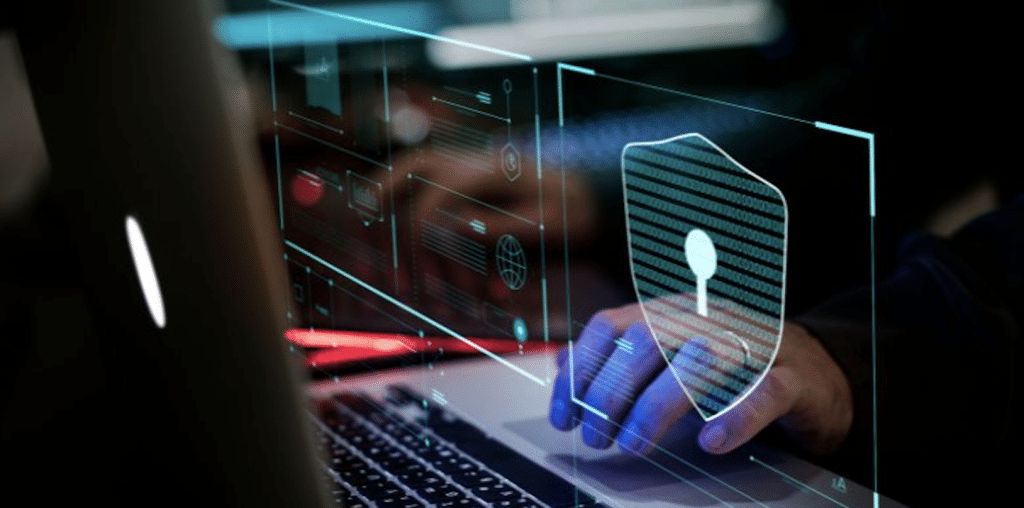Ever found yourself deep into a crime series marathon and thought, ‘Man, if only I could crack cases, but like, on my laptop!’? Guess what? You’re onto something! Digital forensics is where your tech geek meets Sherlock Holmes. And considering how we’re practically living online these days, there’s never been a better time to dive into the world of digital forensics and become an expert at it.
Table of contents:
- Introduction to Digital Forensics
- Toolkit for the Aspiring Digital Forensics Analyst
- The Learning Curve: From Classroom to Lab
- Badges of Honor: Certifications Galore!
- Stay Updated or Get Outdated
- Dive In: Real-world Forensics
- The Forensics Social Club: Networking
- Final Thoughts
Introduction to Digital Forensics
Imagine a crime scene, but instead of a physical crime scene, it’s a hard drive. Or a smartphone. Or even a cloud server. Computer forensics is the science of tracking these digital breadcrumbs. It’s the meticulous process of collecting, analyzing, and preserving electronic evidence. The goal? To serve justice, of course!
Toolkit for an Aspiring Digital Forensics Analyst
What does it take to be a digital forensics analyst and a good one at that?
1. Techie at Heart: Understand computer systems, both hardware and software. Can you tell your CPUs from your GPUs?
2. OS Whisperer: Windows, Mac, Linux? You need to be fluent in them. Oh, and file structures? They should be your second language.
3. Network Navigator: Dive deep into network protocols, security measures, and firewalls. The internet’s a vast ocean, and you need to know how to navigate its treacherous waters.
4. Data Recovery Guru: Sometimes, it’s all about bringing back what’s lost. Master tools that help retrieve and analyze data.
5. Pressure Cooker Expert: Cybercrimes wait for no one. Can you handle huge datasets and tight deadlines without breaking a sweat?
6. Detail Detective: One overlooked detail could be the difference between solving a case and hitting a dead end.
The Learning Curve: From Classroom to Lab
While you can learn a lot from YouTube and forums, a formal education sets a solid foundation. A degree in computer science, IT, or even cybersecurity can be your golden ticket. But don’t stop there! Workshops, specialized courses, and hands-on labs can be the cherries on top.
Badges of Honor: Certifications Galore!
Think of certifications as your digital detective badge. For starters, you’ve got the Certified Forensic Computer Examiner (CFCE) which is like the gold standard in computer examinations. Then there’s the Certified Computer Examiner (CCE) and the EnCase Certified Examiner (EnCE) – both heavy hitters in the world of digital forensics. And for those who like an extra challenge, the GIAC Certified Forensic Analyst (GCFA) is a rigorous certification that showcases advanced skills in the field. So, ready to turn that crime series binge-watching into a real-life tech detective journey? Dive in, get certified, and make the digital world a safer place.
Stay Updated or Get Outdated
The tech world is ever-evolving. What’s hot today might be obsolete tomorrow. Subscribe to journals, join online communities, and attend seminars. Familiarize yourself with emerging trends like AI, blockchain, and IoT. Trust me, they’re not just buzzwords!
Dive In: Real-world Forensics
Theory is great, but practice makes perfect. Many organizations value hands-on experience. So, intern, volunteer, or land a junior role. Every bit of real-world exposure will hone your skills. Plus, personal projects can be fun! Ever thought about creating a mock digital crime for your friends to solve?
The Forensics Social Club: Networking
Building a network is crucial. Attend conferences, join groups like International Association of Computer Investigative Specialists (IACIS) and High Technology Crime Investigation Association (HTCIA), and don’t shy away from those after-hours get-togethers. You never know where your next big break might come from!
Final Thoughts
Dear future digital detective, it’s a thrilling journey ahead. Embrace the learning, cherish the challenges, and above all, stay curious. Dive deep into the mysteries of the digital realm, and who knows, you might just be the next big name in computer forensics! 🕵️♂️
